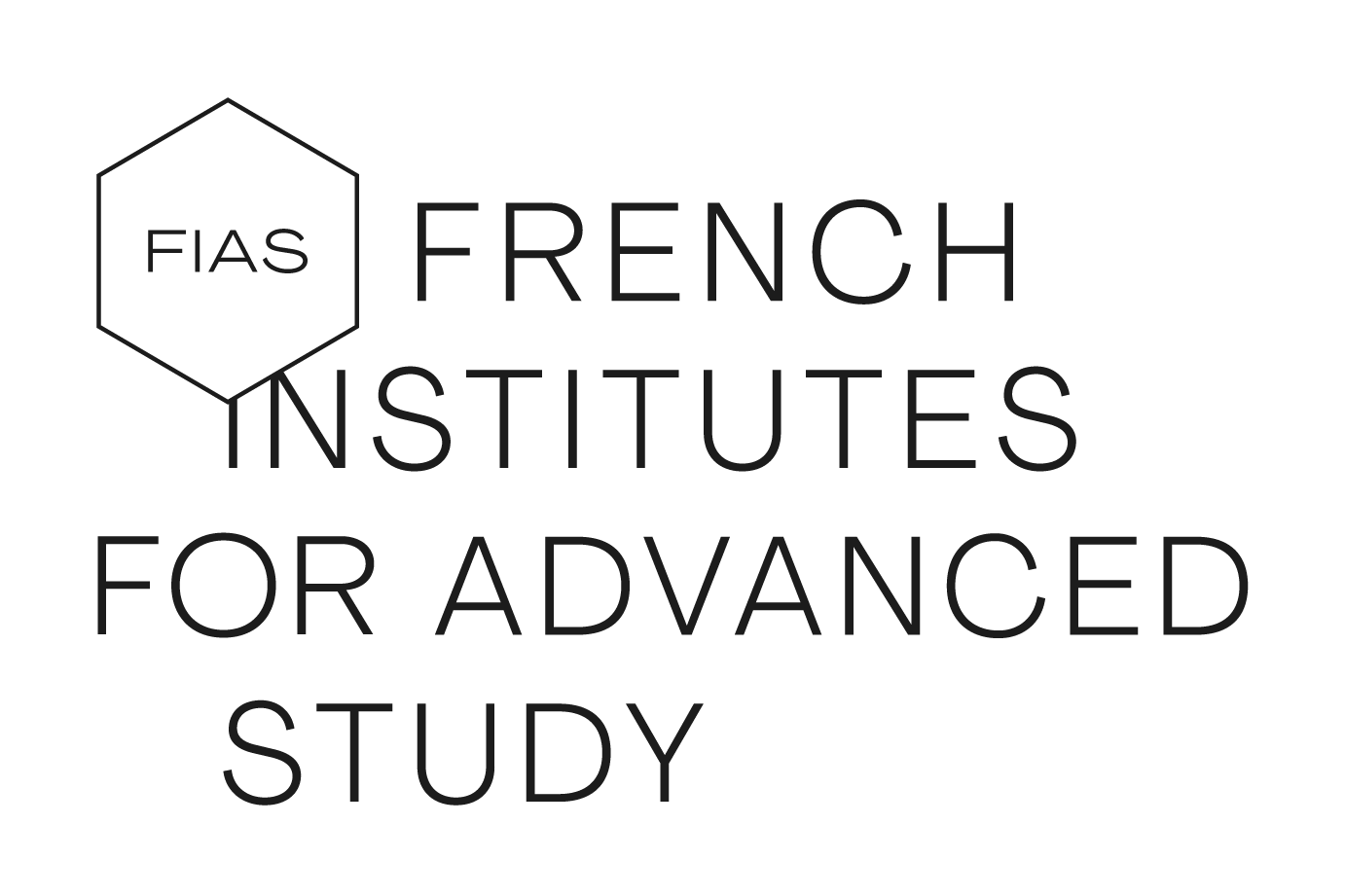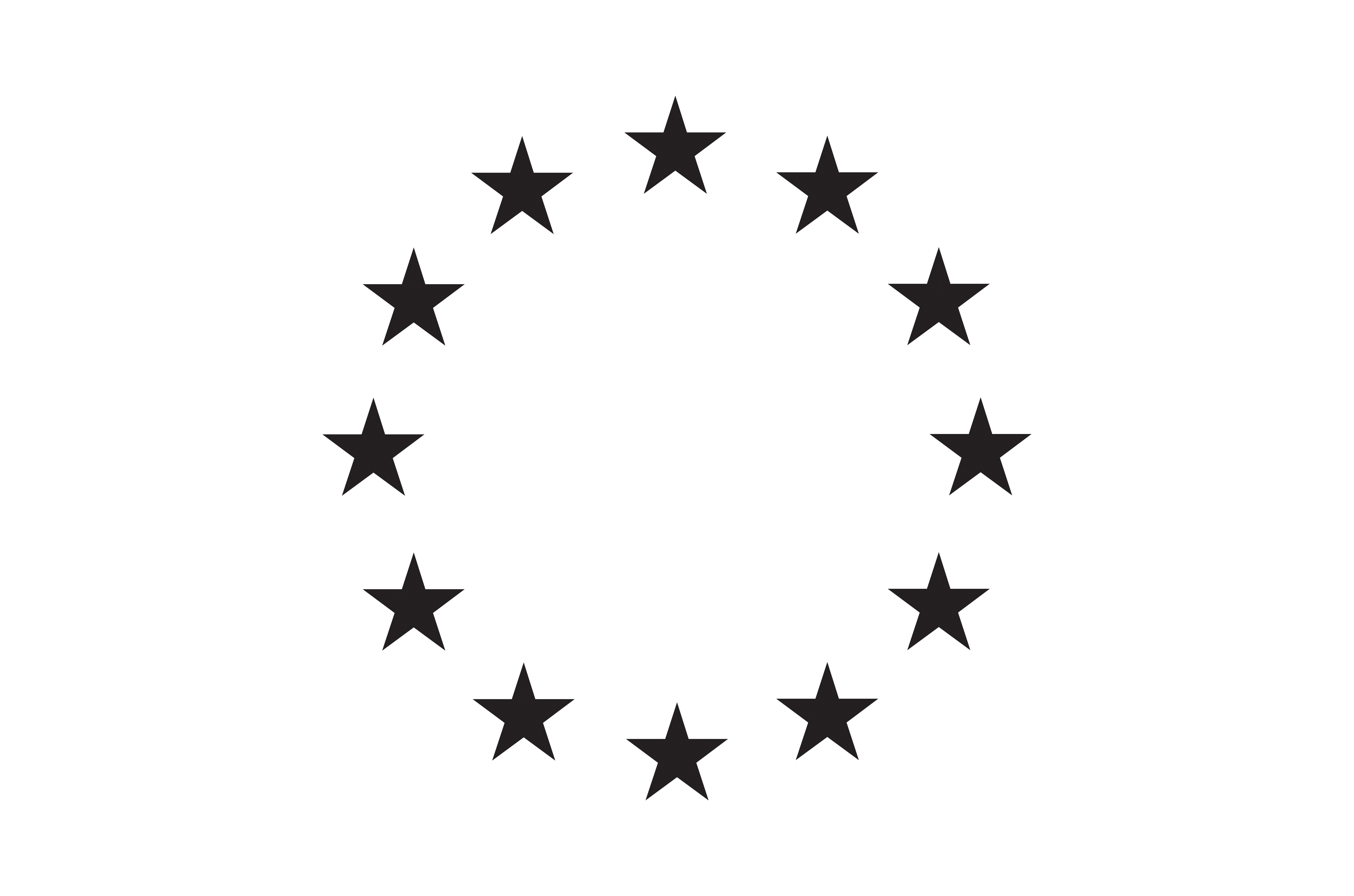Emily Corran
Emily Corran is a lecturer in medieval history at University College London. She specialises in late medieval ethical thought. She particularly looks at manuals for priests and investigates the advice they were given on how to resolve dilemmas. The part of ethics concerned with difficult decisions came to be known as casuistry and, after the Reformation, was particularly associated with the Jesuit order. In the later period, casuistry was controversial because it appeared to be too permissive; in the Middle Ages, however, this kind of ethics was extremely popular and an important intellectual resource for church institutions. Emily’s research will eventually become a history of casuistry from the thirteenth century up to the end of the Council of Trent (1563). Prior to joining UCL she was a Junior Research Fellow at St John’s College Oxford.
In September 2022, she joined the Paris IAS as part of the French Institutes for Advanced Study fellowship program - FIAS - co-funded by the European Union’s Horizon 2020 research and innovation programme under the Marie Skłodowska-Curie grant agreement No 945408. Her fellowship also benefits from the support of the RFIEA+ LABEX, with a national funding (Grant ANR-11-LABX-0027-01).


Research interests
Casuistry. the medieval Church. medieval theology and canon law. history of medieval women. sin in the Middle Ages.
Casuistry, the Laity and Ecclesiastical Hierarchy in the Late Middle Ages: Rule-based ethics in complex institutions
The project investigates casuistry, the discipline concerned with practical ethics and fine-grained moral choice. Casuistry is an aspect of religious thought that is most associated with the Jesuits and the polemics of the Counter-Reformation, but in fact was a long-running scholastic discipline which first emerged at the end of the twelfth century and came to prominence in the later Middle Ages. It was a medieval intellectual tradition that was deeply engaged in practical moral reform: real problems stimulated academic thought, which flowed back into daily life through the influence of confession. Casuistry was, moreover, a discipline that explicitly engaged with the power structures and divisions of authority between penitent, confessor, bishop, mendicant and pope. It was therefore an area of medieval thought which, unusually for the period, engaged with the minutiae of daily life and the business of practical offices. This study adds a new dimension to the intellectual history of this period and connects the Middle Ages with the early modern period. It is a source of social and institutional history, in that it describes practical choices relating to lay belief, gender and social interaction. Additionally, it sheds new light on religious culture. Medieval casuists shifted their discussions away from the relative certainty of moral ideals, towards the confused realities – they sought solutions for intractable situations, and so engaged in moral judgments that, although rational, were expedient and provisional.
Publications clé
Lying and Perjury in Medieval Practical Thought: A Study in the History of Casuistry, Oxford University Press, September 2018. ISBN 978 0 19882 888 4.
DOI:10.1093/oso/9780198828884.001.0001
Rules and Ethics: Perspectives from Anthropology and History. editor with Morgan Clarke, Manchester University Press, August 2021. ISBN: 978-1-5261-4889-6
https://manchesteruniversitypress.co.uk/9781526148896/
‘Genres of Casuistry: Penitential Teaching for Franciscans in Labia sacerdotis' Mediaeval Studies 83 (2021): 165-196.
|
Séminaire d'Emily Corran, médieviste (UCL), chercheuse-résidente 2022-2023 de l'IEA de Paris, dans le cadre de son cycle de séminaires "Conscience and the Sources of Moral Authority", coorganisé avec Christophe Grellard, EPHE-PSL Conference organized by Emily Corran, University College London, 2022-2023 Paris IAS Fellow Seminar organized by Emily Corran, UCL, Paris IAS Fellow, and Christophe Grellard, EPHE-PSL, as part of the series "Conscience and the Sources of Moral Authority" Workshop organized by Emily Corran, lecturer in medieval history at University College London, 2022-2023 Paris IAS Fellow, and Arnaud Fossier, Université de Bourgogne. Séminaire d'Emily Corran, médieviste, UCL, et chercheuse-résidente de l'IEA de Paris, dans le cadre de son cycle de séminaires "Conscience and the Sources of Moral Authority" Intervention d'Emily Corran, chercheuse-résidente 2022-2023 de l'IEA de Paris, dans le cadre du séminaire "L’intention au Moyen Âge" organisé par l'EPHE-PSL et l'ANR Cisame Intervention d'Emily Corran, résidente 2022-2023 de l'IEA de Paris, dans le cadre du séminaire "Le cas et la perpléxité. Atelier de casuistique juridique et morale" de Paoli Napoli, EHESS Seminar organized by Emily Corran, UCL, and 2022-2023 Paris IAS Fellow, as part of her seminar series "Conscience and the Sources of Moral Authority" Seminar by Emily Corran, UCL, and 2022-2023 Paris IAS Fellow, as part of her seminar series "Conscience and the Sources of Moral Authority" Seminar series organized by Emily Corran, historian, UCL, 2022-2023 Paris IAS Fellow, and Christophe Grellard, EPHE-PSL |
|
|
|
|










